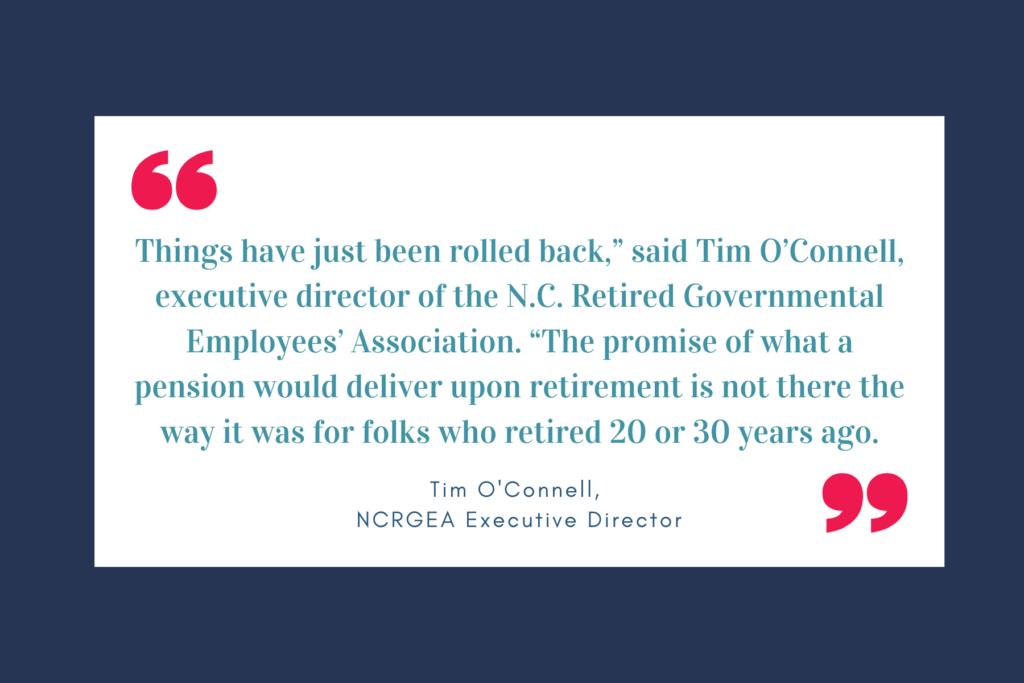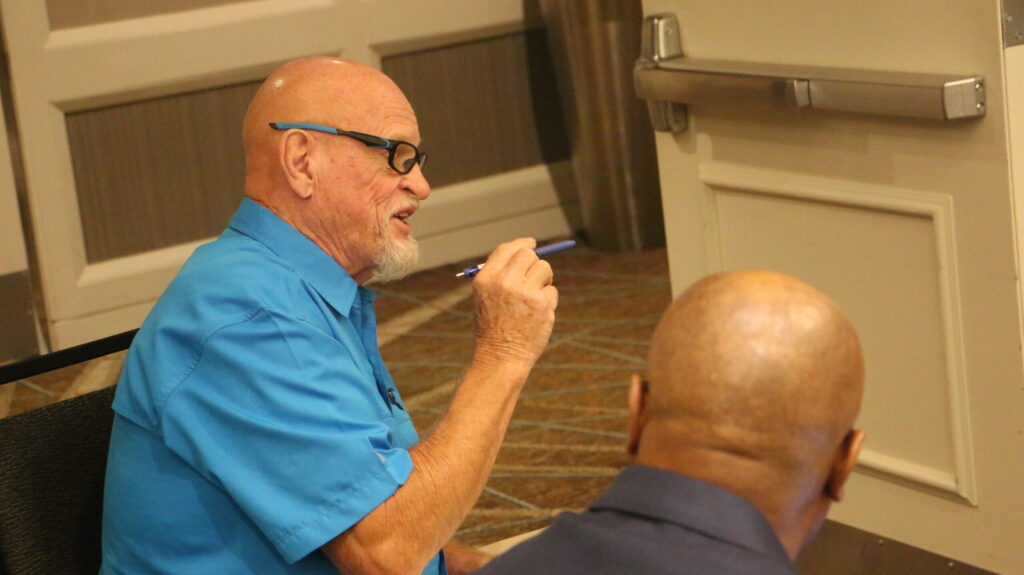“They can’t keep people”: There’s a critical shortage of public employees in NC
News & Observer, December 1, 2022, by Ned Barnett
Callers to the Social Security office are put on a seemingly endless hold.
Callers to a state Department of Motor Vehicles office in Raleigh often get the message: “Your called party is temporarily unavailable. Please try again later.”
Cities and towns across the nation have closed city pools for lack of lifeguards, while school systems are canceling bus pickups for lack of drivers.
The COVID pandemic has aggravated a worker shortage across the U.S. economy, but it’s hitting public employees especially hard.

“At the local level, governments are pulling out all the stops to get people,” said Leisha DeHart-Davis, a professor of public administration and government at the UNC School of Government. “The status quo no longer works for retaining and securing people.”
A UNC survey of local government employees found that 23 percent of them were planning to leave their job, up from 15 percent before the pandemic.
The pandemic’s disruptions and rising private sector wages have accelerated the loss of government workers, but the roots of the problem go deeper. Republicans have been pushing back against the value of public employees at least since President Ronald Reagan fired 11,000 striking air traffic controllers in 1981. Benefits have been pared back, pensions have lost ground to inflation and fewer young people are drawn to public service.
In North Carolina, legislation passed in 2017 eliminated retiree health benefits for state employees and teachers hired after 2020. Meanwhile in the past 10 years, retired state employees’ cost of living allowance (COLA) totaled only 2% and Local Government Employee’s COLA in the same period has increased by less than 1%.
“Things have just been rolled back,” said Tim O’Connell, executive director of the N.C. Retired Governmental Employees’ Association. “The promise of what a pension would deliver upon retirement is not there the way it was for folks who retired 20 or 30 years ago.”
As benefits shrink and private sector wages rise, the state government is struggling to attract and keep workers who provide both basic and essential services.
State agencies are reporting vacancy rates as high as 20, 30 and 40 percent. DMV Commissioner Wayne Goodwin has boosted starting salaries for drivers license examiners, but it’s not enough to fill gaps.
Beyond wages, Goodwin said, his employees are burdened by filling in for missing workers and a sense that their public service is not valued. “We do hear in exit interviews that they don’t feel like they are getting respect from the public,” he said. “It can be a stressful job.”
Even at the federal level, once the gold standard for public employee pay and benefits, eroding pay, short staffing and low morale are inhibiting the delivery of services.
Valerie Langley, a 31-year Social Security Administration employee based in Charlotte, said her office’s traffic has fallen from 78 employees prior to the pandemic to 64 even as the population served has increased sharply. “They can’t keep people,” she said.
The union representing Social Security employees, the American Federation of Government Employees (AFGE), said the agency nationally has 4,000 fewer field office and teleservice center employees than it did 12 years ago. Meanwhile, the number of Social Security beneficiaries has risen by 21 percent since 2010.
Langley, a union steward, said the public blames employees when the phone isn’t answered or employees are late to appointments. “That’s the stereotype – lazy government workers,” she said. “It’s honestly the exact opposite. We’re overworked and overwhelmed.”
For too long, Republican lawmakers have neglected raising wages for public employees, enhancing benefits or modernizing government workplaces. Now that neglect has converged with the Great Resignation. Elected officials all levels are going to have to answer why taxpayers seeking services are instead getting busy signals, long lines and extended delays.
Reposted with permission from Associate Opinion Editor Ned Barnett. Read more at: https://www.newsobserver.com/opinion/article269329472.html#storylink=cpy


